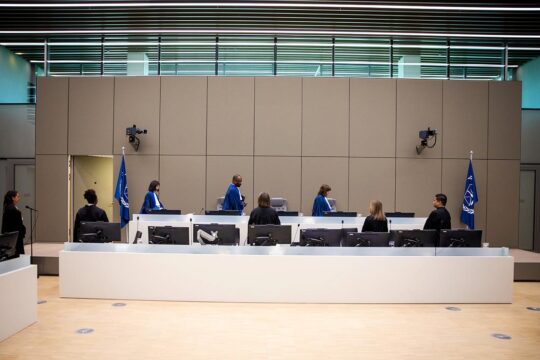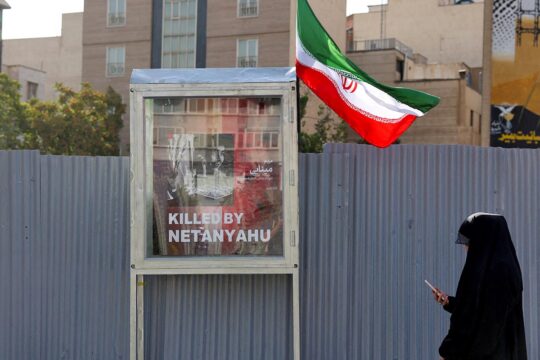Former Tuareg rebels operating in northern Mali took control of the key town of Menaka on Saturday, two days after clashes elsewhere in the region with pro-government forces, sources said.
"They entered Menaka very early this morning and they are there now," an official in the governorate of the town, one of five regional capitals in north, told AFP.
"They didn't fire a single shot."
On Thursday, the ex-rebels -- gathered in a group called the Coordination of Movements of Azawad (CMA) -- clashed with pro-government forces in the town of Kidal further north, inflicting heavy losses.
The two sides signed a 2015 peace deal on curbing violence in northern Mali and limiting the reach of jihadists, but the United Nations says fighting between them has escalated in recent weeks.
A source in the UN peacekeeping mission in Mali, or MINUSMA, said: "The situation is calm in Menaka. Elements presenting themselves as CMA fighters are in the town and in the surrounding dunes. They say they want to make the town secure."
Alghabass Ag Intalla, a CMA commander, added: "Our troops are in control of Menaka. We didn't fire a single shot."
"The GATIA fled," he said, referring to the French acronym for a pro-government force named the Imghad and Allies Touareg Self-Defence Group.
He said the move was not a violation of the ceasefire because the GATIA "had no business being in Menaka."
Menaka had since March been run by interim authorities in line with the peace accord.
Northern Mali is the site of frequent clashes between rival armed groups, as well as a haven for jihadist activity.
In 2012, key cities in the region fell under the control of jihadist groups linked to Al-Qaeda, who exploited an ethnic Tuareg-led rebel uprising.
While the Islamists were largely ousted by a French-led military operation, attacks have continued on UN and French forces, civilians and the Malian army.
Militias like the GATIA operate in areas where Mali's army is absent or has a very limited presence.



